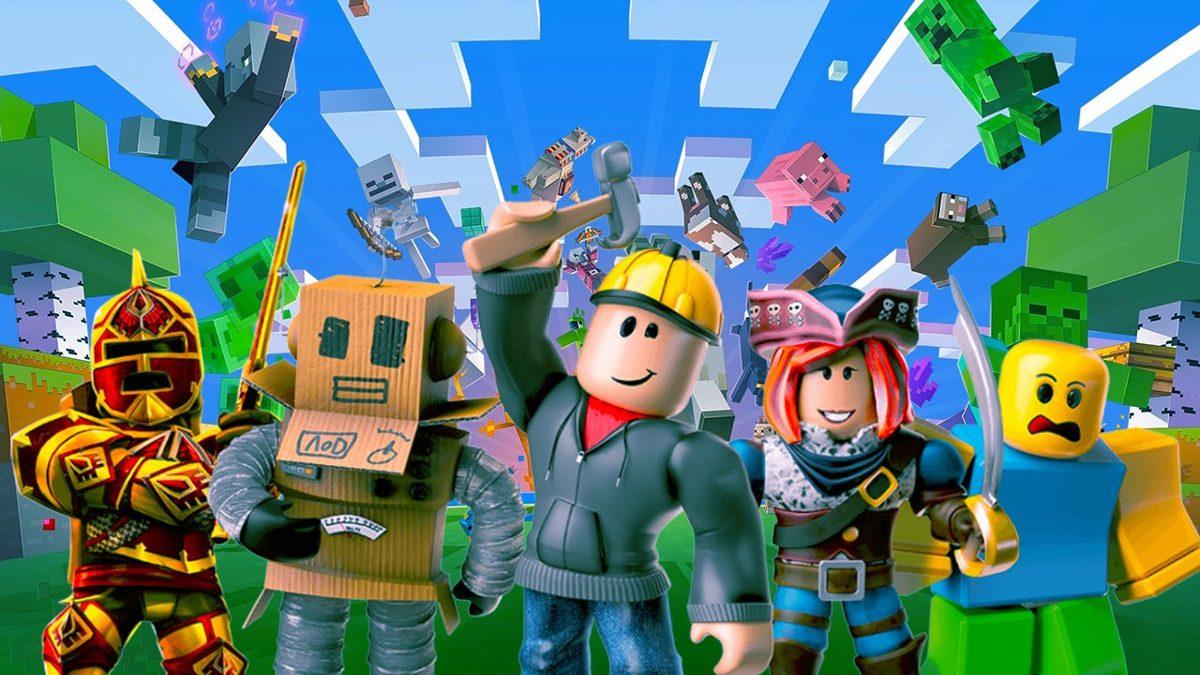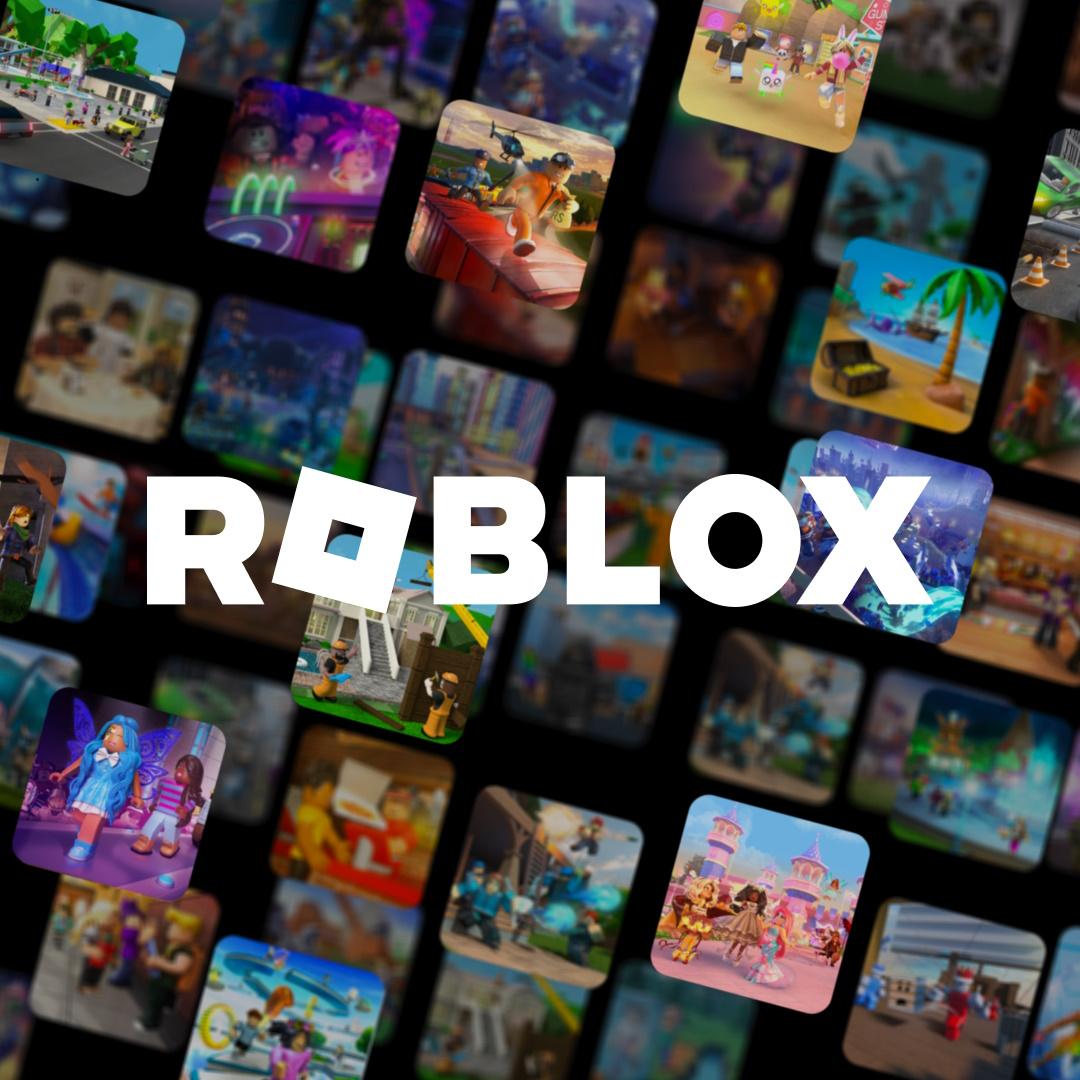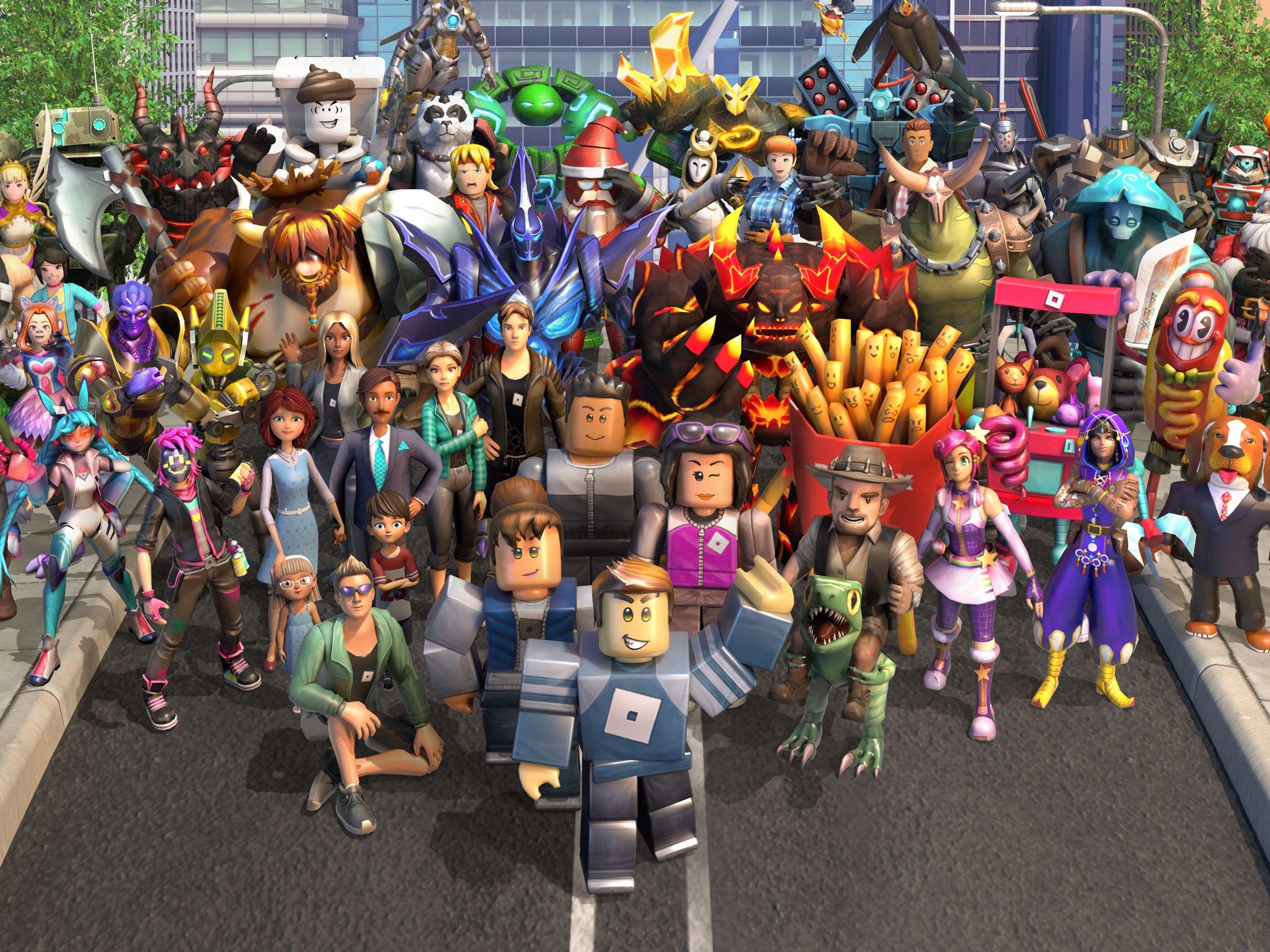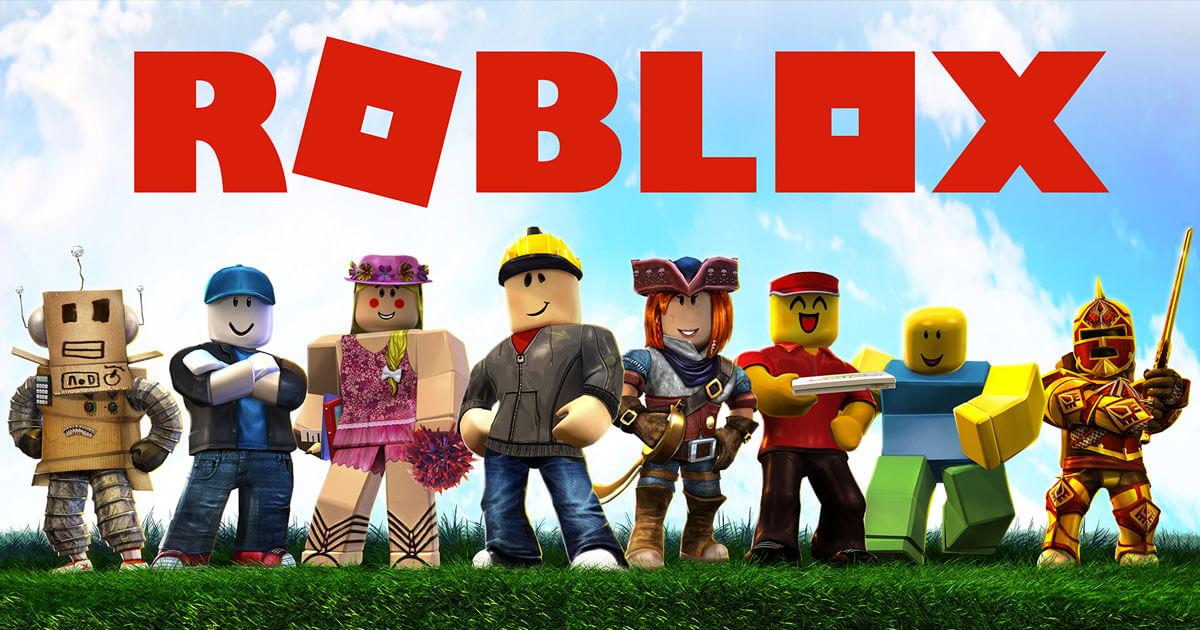Understanding the Origins of the #BoycottTheHatch Movement
The #BoycottTheHatch movement emerged from a complex mix of community frustration and calls for accountability within the Roblox platform. It all began when players and creators noticed a series of controversial updates and features associated with the newly launched Hatch system.Thes updates were perceived as being unfair, especially regarding in-game purchases and monetization practices that significantly impacted game balance and accessibility. Many users voiced thier dissatisfaction through various online forums and social media platforms, emphasizing that the changes disproportionately affected younger players who often lack the financial resources to compete or enjoy the game fully. Alongside this, some influential content creators began highlighting these concerns, leveraging their platforms to generate broader awareness and rally support for the boycott.
As discussions evolved, the movement started gaining traction, snowballing into a rallying cry for players advocating for ethical gaming practices. Among the grievances aired were issues related to the perceived lack of transparency from Roblox developers regarding the mechanics behind the Hatch system, which fueled further anger. Key points of contention included the perceived exploitation of young audiences through aggressive monetization strategies, and also the potential for creating an unbalanced playing field where only those willing to spend significant sums could achieve in-game success. With each post shared and every tweet tagged with #BoycottTheHatch, a growing community formed, united by a common goal: to demand a reevaluation of the hatch mechanics and to promote fairer practices within the ever-evolving world of Roblox.

Key Figures and Groups Behind the Controversy
The controversy surrounding the #BoycottTheHatch movement has drawn significant attention, catalyzed by a coalition of influential figures and groups within the gaming community. Key players include notable content creators, game developers, and parenting advocates who have voiced their concerns over perceived ethical issues and policy changes within Roblox. These stakeholders argue that recent developments could potentially undermine the safety and well-being of young users. The social media landscape,particularly platforms like Twitter and TikTok,has become a battleground for these voices,amplifying sentiments and rallying support.
Among the key figures leading the charge are:
- Popular Streamers: Many well-known Twitch and YouTube content creators have publicly expressed their dissent. their large followings serve to mobilize the community, raising awareness and encouraging action.
- Parent Organizations: Groups that focus on child online safety have been pivotal in framing the narrative around the controversy, demanding accountability from the platform.
- Developers: certain Roblox developers have joined the discourse, advocating for transparency and fair treatment in how the platform manages its content and user-generated creations.
This alliance of diverse voices has highlighted the multifaceted nature of the controversy, revealing the broader implications for the gaming industry’s relationship with its younger audience and the importance of maintaining ethical standards in digital environments.

Implications for the roblox Community and Its Players
The #BoycottTheHatch controversy has ignited significant debate within the Roblox community, raising questions about corporate obligation and player agency. Many players have voiced their discontent over perceived exploitative practices regarding in-game purchases and monetization strategies,leading to widespread discussions across forums and social media platforms.The backlash stems not only from economic concerns but also from a growing sentiment that the platform shoudl prioritize the well-being of its players, especially younger ones who may not fully grasp the financial implications of their in-game actions.
This situation reflects broader implications for the Roblox community, as it challenges both players and developers to rethink their interactions with the platform’s economy. Key issues include:
- Transparency: Players expect clear communication regarding pricing and purchase terms.
- Community Engagement: there’s a call for the platform to actively involve its players in decision-making processes.
- Ethical Monetization: developers are encouraged to adopt fairer practices that don’t exploit the community.
The outcome of this controversy could redefine the relationship between players and developers on Roblox, prompting both parties to seek a more equitable balance in how the platform operates.

Strategies for Constructive Engagement and Reform within Roblox
In the wake of the #boycottthehatch movement, players and developers alike are rallying for a more proactive approach to initiating dialog with Roblox Corporation. to foster constructive engagement,stakeholders should consider adopting strategies that emphasize collaboration and transparency. Engaging directly with the community through open forums and regular Q&A sessions can create a sense of ownership among players, while also providing valuable feedback to the developers. Furthermore, establishing a dedicated task force comprising representatives from diverse segments of the community could help address grievances more effectively. This group would serve as a bridge between Roblox users and the management, ensuring that voices are not just heard but actively shaping the future of the platform.
Implementing reform requires a commitment to regularly evaluate and adapt policies that impact the community. One potential approach is to create a community advisory board that would collaborate with Roblox executives to tackle pressing issues. This board could serve as a think tank to propose innovative solutions, delve into the nuances of community concerns, and track the effectiveness of changes over time. Additionally, promoting educational initiatives aimed at fostering a deeper understanding of platform policies and the development process can demystify operations and build trust. By embracing both community input and transparent reform, Roblox can transform the ongoing controversy into a catalyst for positive change.
